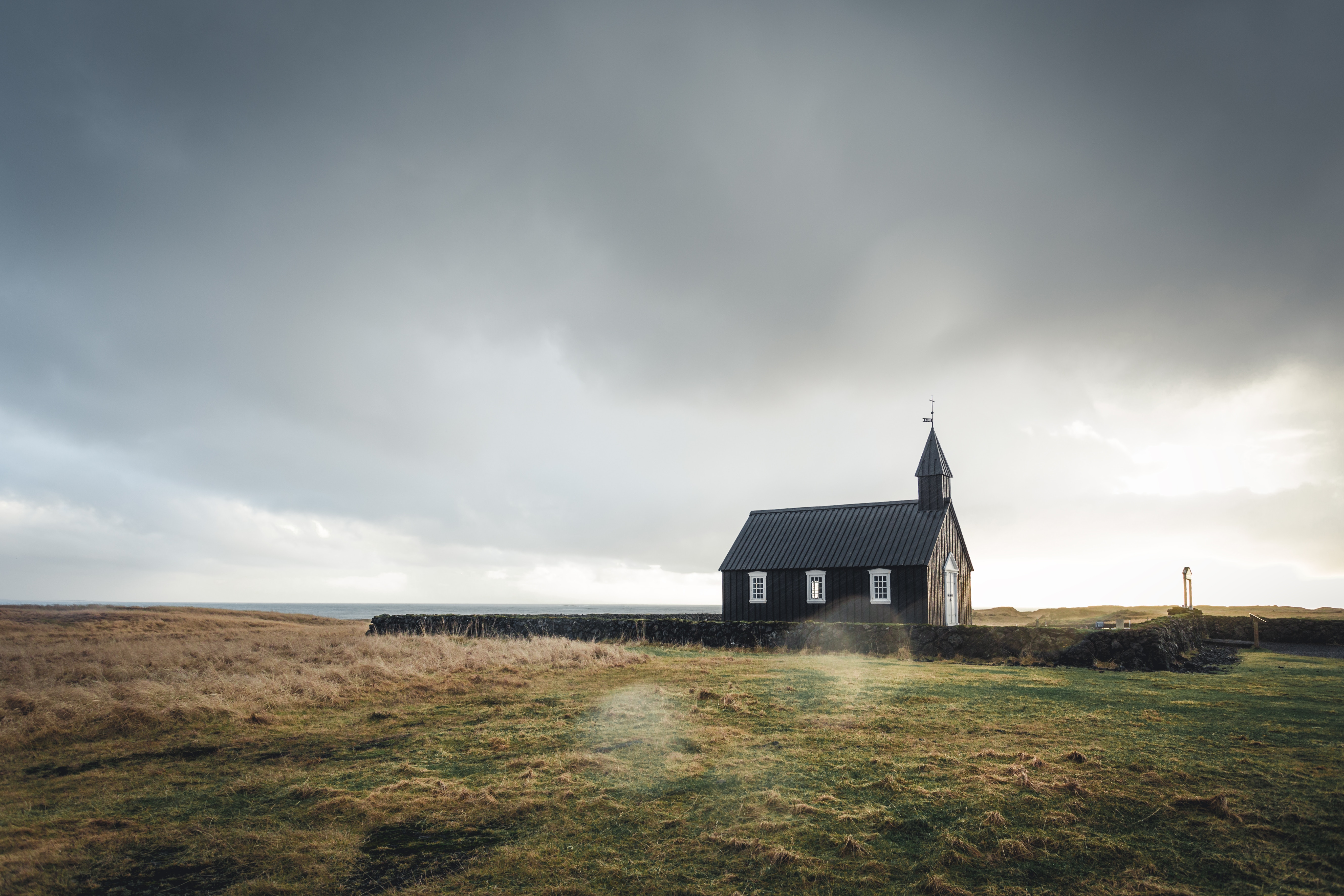Joshua 6:1-21
Key Verse: Now Jericho was strongly fortified because of the Israelites—no one leaving or entering. The Lord said to Joshua, “Look, I have handed Jericho, its king, and its best soldiers over to you.” (Joshua 6:1-2 CSB)
When the people of Israel had entered the Promised Land, one of the first and biggest obstacles standing in their way was the city of Jericho. Jericho was one of the oldest cities in the world. While it wasn’t very big, it was “strongly fortified” or well-protected. The city was likely surrounded by two walls, both about thirty feet high. The outer wall was six feet thick, and the inner wall about twelve feet thick. Add into the mix a group of well-trained soldiers tasked with defending the city, and from a human standpoint, it was impenetrable.
But God had a plan. He told Joshua to gather all the people and to “have seven priests carry seven ram’s trumpets” in front of the ark of the Lord’s covenant. They were to march together around the city once a day for six days, while the priests blew the horns. On the seventh day, there were to march around the city seven times. The priests were to then blow the trumpets and the people were to give a mighty shout, and the walls of Jericho would collapse in front of them.
And that’s exactly what happened. “When they heard the blast of the trumpet, the troops gave a great shout, and the wall collapsed. The troops advanced into the city, each man straight ahead, and they captured the city” (v.20). Everything and everyone in the city was destroyed, with the exception of Rahab and her family.
The author of Hebrews tells us that all of this occurred “by faith” (Hebrews 11:30). How so? How was the response of Joshua and the people one of faith in God? Consider what you would do in this situation. Granted that I’m no military strategist, but if I wanted to take a highly fortified city, I would likely gather as much weaponry as possible, or try to burn it to the ground.
But this was not God’s plan. Even before they started, God told Joshua, “Look, I have handed Jericho, its king, and its best soldiers over to you” (v.2). In God’s mind, it was already a done deal. He simply told them to walk around the city each day, without making noise other than the trumpets from the priest. Do this once a day for six days, and seven times on the seventh. Then shout, and watch as the walls crumbled before their eyes. Why? God had already taken the city.
Faith in this moment meant simple obedience to God. It meant trusting that God knew exactly what He was talking about and would do just as He had said. Faith meant acting on God’s words even if they didn’t necessarily make a lot of sense at the moment.
The same is true for us. The life of faith includes times when God will ask us to trust and obey Him in ways that we may not entirely understand at the moment. He may tell us to believe when we are prone to doubt, to forgive when we want to repay, to be generous when we want to hold back, or to wait when we would rather act. Faith in those moments says, “God, I will trust you and do what you say, even if I don’t see all that you’re doing right now. I will listen to you even if it doesn’t make sense to me, because I believe you love me, you know what’s best, and you are perfectly in control.”
Is God asking you to trust Him with something right now? What does faith look like for you today?
Prayer: God, you are infinitely wiser and more powerful than I can even comprehend. Your ways are not my ways. I want to walk by faith today. So please help me to recognize what you want me to do and give me the courage to obey. Amen.




